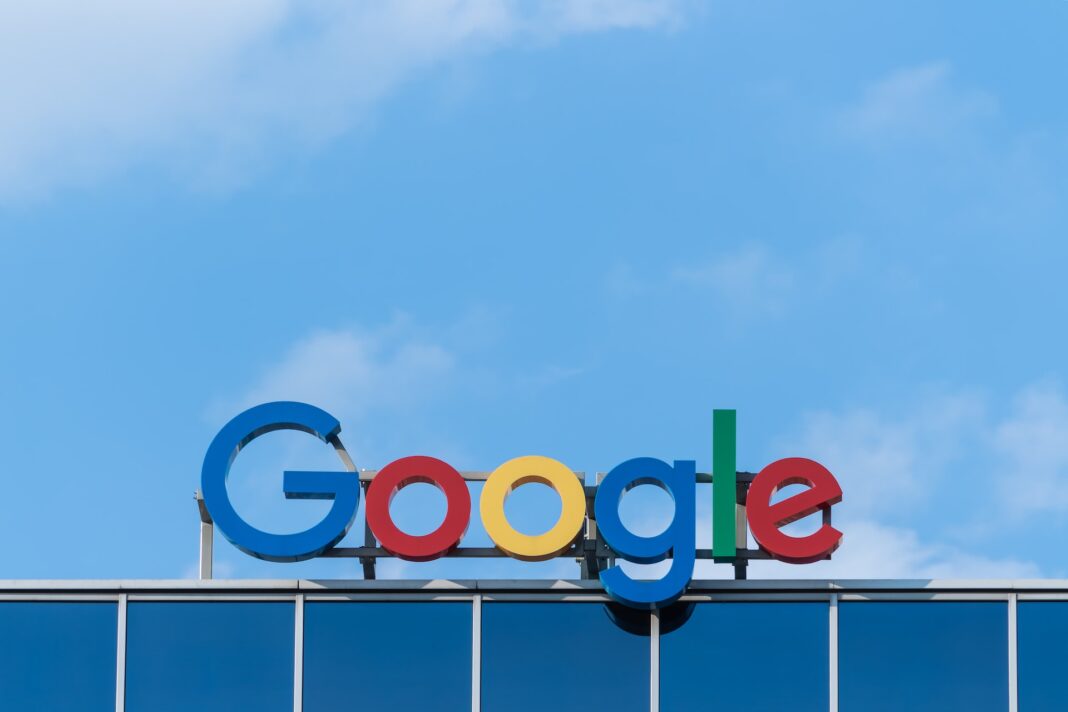
Google claims to have made a significant breakthrough in quantum computing error-correcting. While admitting that there is still a long way to go, the tech titan claims that its AI researchers have “experimentally proved that it is possible to reduce processing mistakes by increasing the number of qubits” for the first time. When compared to a traditional computer, a qubit is defined as a basic unit of quantum information that can take on richer states that extend beyond merely 0 and 1. The discovery might lead to a fundamental shift in how quantum computers are operated, according to Google CEO Sundar Pichai, who outlined the significance of the discovery in a blog post.
Sundar Pichai discusses the ‘breakthrough.’
“Our quantum computers work by manipulating qubits in an orchestrated fashion that we call quantum algorithms. The challenge is that qubits are so sensitive that even stray light can cause calculation errors,” Pichai wrote. The problem worsens, he said, as quantum computers grow. “This has significant consequences since the best quantum algorithms that we know for running useful applications require the error rates of our qubits to be far lower than we have today. To bridge this gap, we will need quantum error correction,” he further explained.
Low error rates are required for useful calculations. “By encoding a higher number of physical qubits on our quantum processor into one logical qubit, we aim to lower error rates and allow meaningful quantum algorithms,” Google CEO Eric Schmidt stated. According to Google, this is the first time anyone has scaled a logical qubit, which is generated when quantum error correction safeguards information by encoding it over several physical qubits.
Future quantum computers
From identifying compounds for novel medications to making fertilizer with less energy to constructing more efficient sustainable technologies ranging from batteries to nuclear fusion reactors, quantum computers could be quite valuable in the future, according to Pichai.
For responsible computing, the tech giant has collaborated with governments and communities. “We’ll continue to work towards a day when quantum computers can work in tandem with classical computers to expand the boundaries of human knowledge and help us find solutions to some of the world’s most complex problems,” he concluded in his blog.
